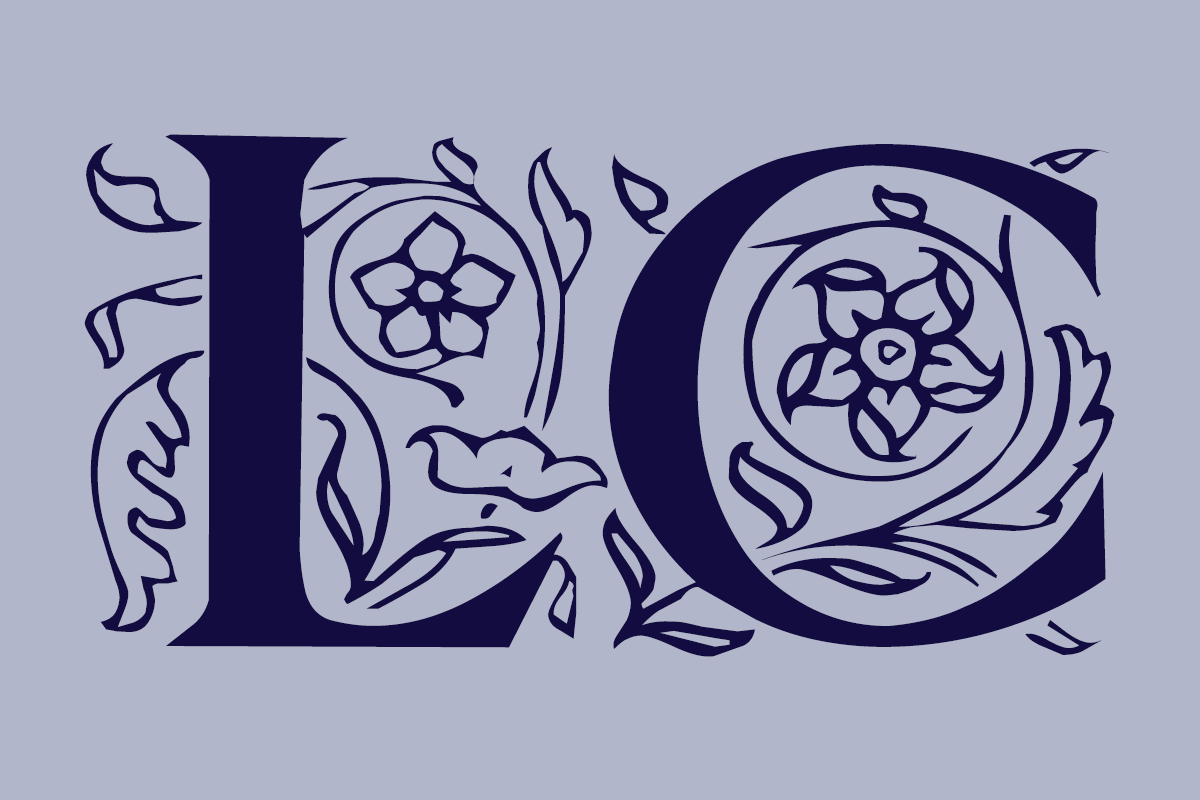
DANCING ON SUNDAY AFTERNOONS
“I had two husbands.”
The discovery of long-hidden love letters leads New York caterer Cara Serafini on a journey to understanding her formidable grandmother, Giulia Fiorillo.
Born in a mountain village in southern Italy, the spirited Giulia arrives at the age of sixteen in a rough New York immigrant neighborhood at the beginning of the twentieth century, forced from the comforts and constrictions of her family by the fierce drive of her mother.
In America, Giulia faces not only an inhospitable culture but also violence in the family and in the streets, shattering loss and a love that shapes her whole life.
I had two husbands–Paolo and Salvatore.
Salvatore and I were married for thirty-two years. I still live in the house he bought for us; I still sleep in our bed. All around me are the signs of our life together. My bedroom window looks out over the garden he planted. In the middle of the city, he coaxed tomatoes, peppers, zucchini–even grapes for his wine–out of the ground. On the weekends, he used to drive up to his cousin’s farm in Waterbury and bring back manure. In the winter, he wrapped the peach tree and the fig tree with rags and black rubber hoses against the cold, his massive, coarse hands gentling those trees as if they were his fragile-skinned babies. My neighbor, Dominic Grazza, does that for me now. My boys have no time for the garden.
In the front of the house, Salvatore planted roses. The roses I take care of myself. They are giant, cream-colored, fragrant. In the afternoons, I like to sit out on the couch on the porch with my coffee, protected from the din and eyes of the neighborhood by that curtain of flowers.
I am surrounded by the things Salvatore gave me, or did for me. But, God forgive me, as I lie alone now in my bed, it is Paolo I remember.
Paolo left me nothing. Nothing, that is, that my family, especially my sisters, thought had any value. No house. No diamonds. Not even a photograph.
But after he was gone, and I could catch my breath from the pain, I knew that I still had something. In the middle of the night, I sat alone and held them in my hands, reading the words over and over until I heard his voice in my head.
I had Paolo’s letters.
Cara Serafini Dedrick, a New York caterer, and granddaughter of Giulia Fiorillo
Giulia Fiorillo, a lively Italian woman who came to America at the age of 16
Giuseppina, Giulia’s paternal grandmother
Anna, Giulia’s mother
Felice, Giulia’s father, proprietor of a livery stable
Letitia Rassina, Giulia’s sister
Philippina aka Pip, Giulia’s sister
Domitilla aka Tilly, Giulia’s sister
Frankie, Giulia’s brother
Aldo, Giulia’s brother
Claudio, Giulia’s brother, the first in the family to move to America
Zia Pasqualina, Giulia’s aunt
Zia Teresia, Giulia’s aunt
Signore Ventuolo, Giulia’s tutor
Vito Cipriano, Giulia’s first boyfriend
Paolo Serafini, Claudio’s business partner and Giulia’s first husband
Flora, Paolo’s sister and Giulia’s friend
Angelina, Claudio’s wife
Roberto Scarpa, a neighborhood troublemaker
Tony Fiorillo, Giulia’s uncle
Yolanda Fiorillo, Giulia’s aunt, Tony’s wife
Peppino, Giulia’s cousin, Tony and Yolanda’s son
Salvatore D’Orazio, Giulia’s second husband
